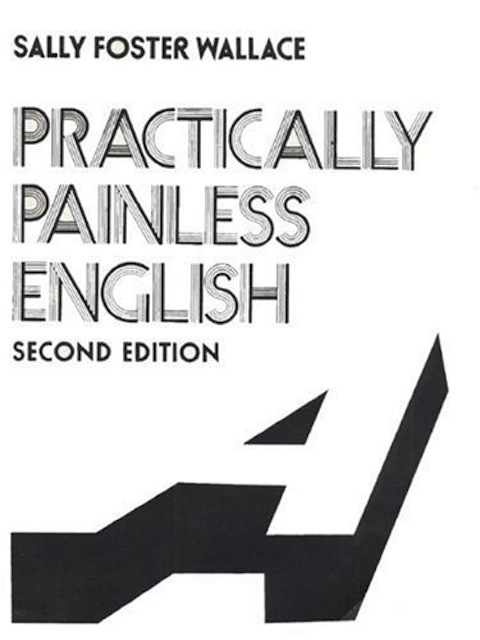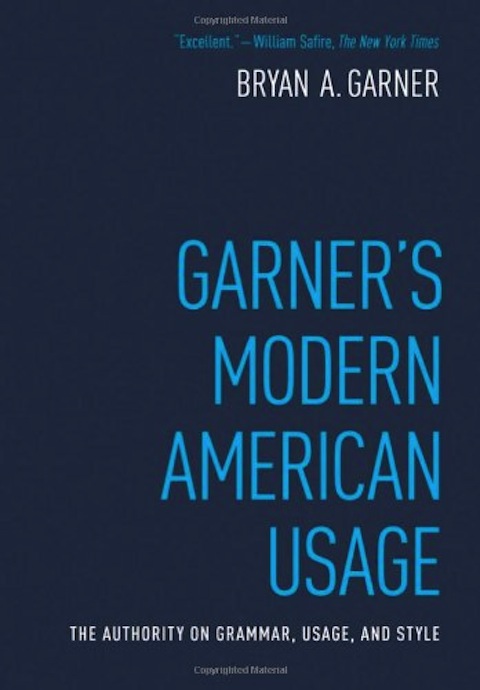
“I didn’t think much of Infinite Jest in the beginning,” writes Jacqueline Munoz, librarian at the University of Texas at Austin’s Harry Ransom Center. But as she read further into Wallace’s seemingly “wordy and unfocused” landmark novel, the author’s mind, and how it dealt with “how unforgiving it is to be human” and how different generations “struggle internally with the same issues,” won her over: “I thought, this man is a genius; I want to know him better.” Many of us Wallace fans harbor the same desire, and now that the Ransom Center has acquired and made available a considerable chunk of the writer’s heavily annotated library, a few more of us can. The books in Wallace’s library, as Munoz puts it, reveal “a philosopher, mathophile, physics buff, grammarian, pop-fiction reader, lit professor, creative writer, and spiritual seeker,” and Maria Bustillos, writing in The Awl back in 2011, traced Wallace’s seemingly strange but ultimately meaningful presence of titles like The Spirituality of Imperfection and The Drama of the Gifted Child.

Bustillos’ exploration of Wallace’s proclivity for self-help brings in a volume written by Sally Foster Wallace, David’s mother: a grammar textbook called Practically Painless English, “the only book of English grammar I know of that can hold a candle to the works of the Fowler brothers.” Her book has a place in the Ransom Center’s collection, and anyone who’s read Wallace’s Harper’s article “Tense Present” may smile at its presence, remembering stories of the songs about solecisms and other linguistic misuses his family would sing on car trips. Ostensibly a review of Bryan A. Garner’s A Dictionary of Modern American Usage, a copy of which also made it into the collection, the piece reveals Wallace’s thoroughgoing interest in the mechanics, well-functioning or otherwise, of English. You can follow the thread through several other titles in his possession, including Albert Baugh’s A History of the English Language, John D. Ramage’s Rhetoric: A User’s Guide, all the way to Peter Ladefoged’s Elements of Acoustic Phoenetics. And when you’re done, you will want to keep following the thread a little further by checking out our previous post: David Foster Wallace Breaks Down Five Common Word Usage Mistakes in the English Language.
Related Content:
30 Free Essays & Stories by David Foster Wallace on the Web
David Foster Wallace: The Big, Uncut Interview (2003)
David Foster Wallace’s 1994 Syllabus
Colin Marshall hosts and produces Notebook on Cities and Culture and writes essays on literature, film, cities, Asia, and aesthetics. He’s at work on a book about Los Angeles, A Los Angeles Primer. Follow him on Twitter at @colinmarshall.


Leave a Reply